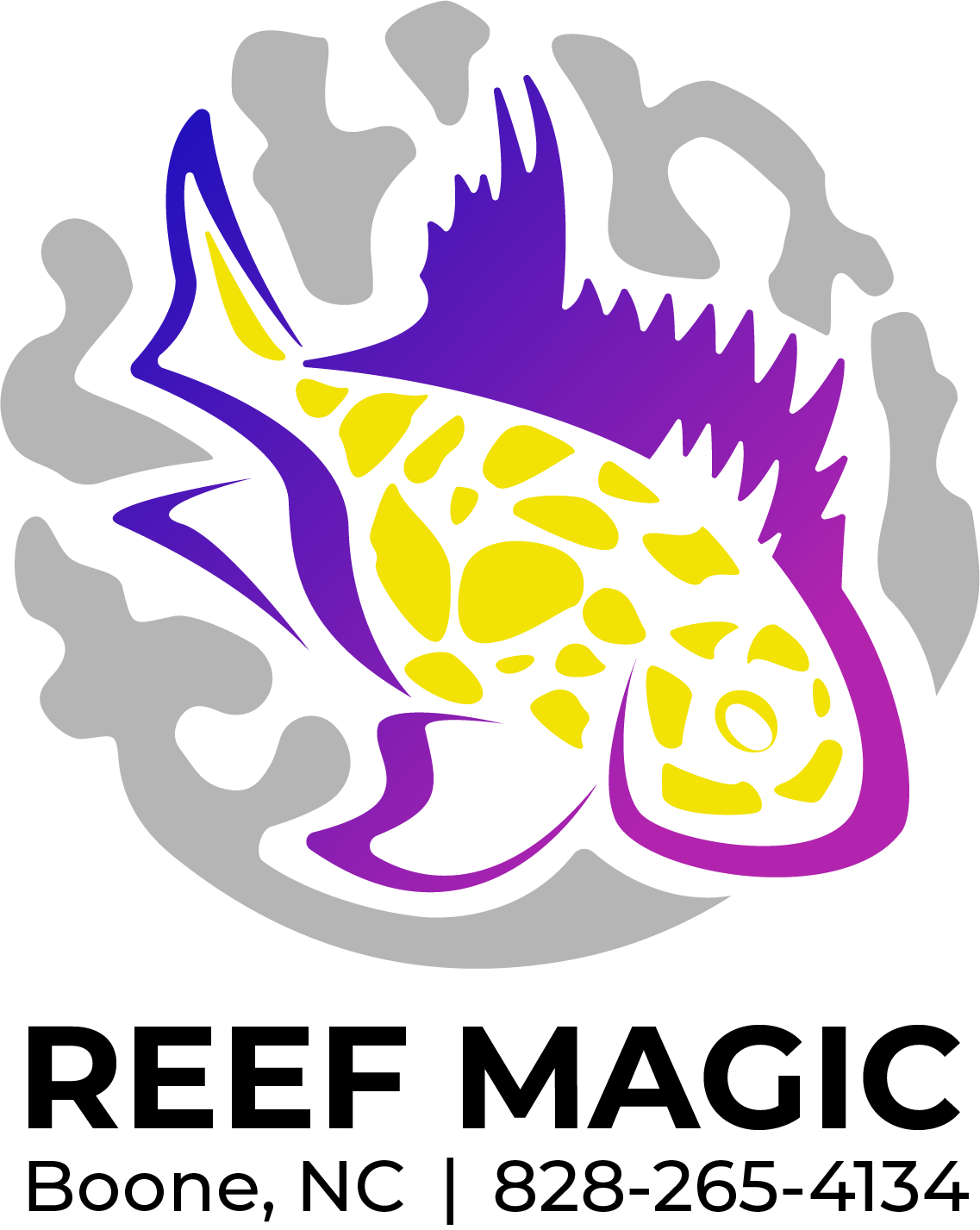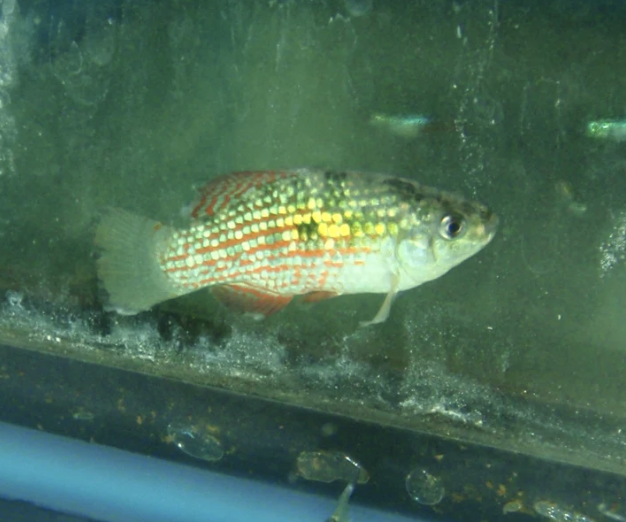 Image 1 of 1
Image 1 of 1


Misc- Payara Redtail Lg
The Payara, also known as the Vampire Tetra or Redtail Payara (Hydrolycus scomberoides), is a striking and predatory fish that requires specific care due to its size and behavior. Here are the key care requirements:
Tank Requirements
Size: Due to their large size and active nature, a very large tank is essential. A minimum tank size of 300 gallons (1136 liters) is recommended for a single adult Payara.
Tank Dimensions: A tank that is at least 8 feet (2.4 meters) long is ideal to provide adequate swimming space.
Substrate: Use a smooth, sandy substrate to prevent injury to their sensitive barbels and fins.
Filtration: Strong and efficient filtration is crucial due to their predatory nature and high waste production. Consider using large external filters or a sump system.
Water Parameters:
Temperature: 75-82°F (24-28°C)
pH: 6.0-7.5
Hardness: Soft to moderately hard water
Water Changes: Perform regular water changes of 25-30% weekly to maintain water quality and keep nitrate levels low.
Tank Lid: Ensure a secure, heavy lid as Payaras are powerful jumpers.
Feeding
Diet: Payaras are carnivorous predators and require a diet consisting mainly of:
Large live or frozen prey such as feeder fish (e.g., tilapia, smelt), shrimp, and occasionally small rodents.
Avoid feeding them live food that could potentially harm them or introduce diseases.
Frequency: Feed them large meals 2-3 times a week, adjusting based on their appetite and size.
Compatibility
Tank Mates: Keep Payaras with fish of similar size and temperament. Avoid housing them with smaller fish that could be seen as prey.
Behavior: Payaras are aggressive predators and may show territorial behavior, especially towards conspecifics or similar-looking species. Monitor tank mates closely for aggression.
Health and Maintenance
Observation: Regularly monitor their health and behavior for signs of stress, injury, or disease. Payaras are generally hardy but can be sensitive to poor water conditions.
Water Quality: Maintain excellent water quality with regular testing and appropriate filtration. Ensure ammonia and nitrite levels are always at zero.
Handling: Minimize handling to reduce stress and the risk of injury to both the fish and the handler.
Special Considerations
Tank Setup: Provide ample hiding places with large caves, driftwood, and rocks. Create open swimming spaces but also offer shaded areas to reduce stress.
Aggression: Payaras can be aggressive towards each other and may exhibit dominance behaviors. Avoid keeping more than one in the same tank unless it is very large and well-structured.
Growth Potential: Be prepared for their rapid growth and adjust their diet and tank size accordingly as they mature.
Given their predatory nature and size, Payaras require experienced fishkeeping skills and a commitment to providing a suitable environment. Providing proper care will ensure they thrive and display their natural behaviors in captivity.
The Payara, also known as the Vampire Tetra or Redtail Payara (Hydrolycus scomberoides), is a striking and predatory fish that requires specific care due to its size and behavior. Here are the key care requirements:
Tank Requirements
Size: Due to their large size and active nature, a very large tank is essential. A minimum tank size of 300 gallons (1136 liters) is recommended for a single adult Payara.
Tank Dimensions: A tank that is at least 8 feet (2.4 meters) long is ideal to provide adequate swimming space.
Substrate: Use a smooth, sandy substrate to prevent injury to their sensitive barbels and fins.
Filtration: Strong and efficient filtration is crucial due to their predatory nature and high waste production. Consider using large external filters or a sump system.
Water Parameters:
Temperature: 75-82°F (24-28°C)
pH: 6.0-7.5
Hardness: Soft to moderately hard water
Water Changes: Perform regular water changes of 25-30% weekly to maintain water quality and keep nitrate levels low.
Tank Lid: Ensure a secure, heavy lid as Payaras are powerful jumpers.
Feeding
Diet: Payaras are carnivorous predators and require a diet consisting mainly of:
Large live or frozen prey such as feeder fish (e.g., tilapia, smelt), shrimp, and occasionally small rodents.
Avoid feeding them live food that could potentially harm them or introduce diseases.
Frequency: Feed them large meals 2-3 times a week, adjusting based on their appetite and size.
Compatibility
Tank Mates: Keep Payaras with fish of similar size and temperament. Avoid housing them with smaller fish that could be seen as prey.
Behavior: Payaras are aggressive predators and may show territorial behavior, especially towards conspecifics or similar-looking species. Monitor tank mates closely for aggression.
Health and Maintenance
Observation: Regularly monitor their health and behavior for signs of stress, injury, or disease. Payaras are generally hardy but can be sensitive to poor water conditions.
Water Quality: Maintain excellent water quality with regular testing and appropriate filtration. Ensure ammonia and nitrite levels are always at zero.
Handling: Minimize handling to reduce stress and the risk of injury to both the fish and the handler.
Special Considerations
Tank Setup: Provide ample hiding places with large caves, driftwood, and rocks. Create open swimming spaces but also offer shaded areas to reduce stress.
Aggression: Payaras can be aggressive towards each other and may exhibit dominance behaviors. Avoid keeping more than one in the same tank unless it is very large and well-structured.
Growth Potential: Be prepared for their rapid growth and adjust their diet and tank size accordingly as they mature.
Given their predatory nature and size, Payaras require experienced fishkeeping skills and a commitment to providing a suitable environment. Providing proper care will ensure they thrive and display their natural behaviors in captivity.







